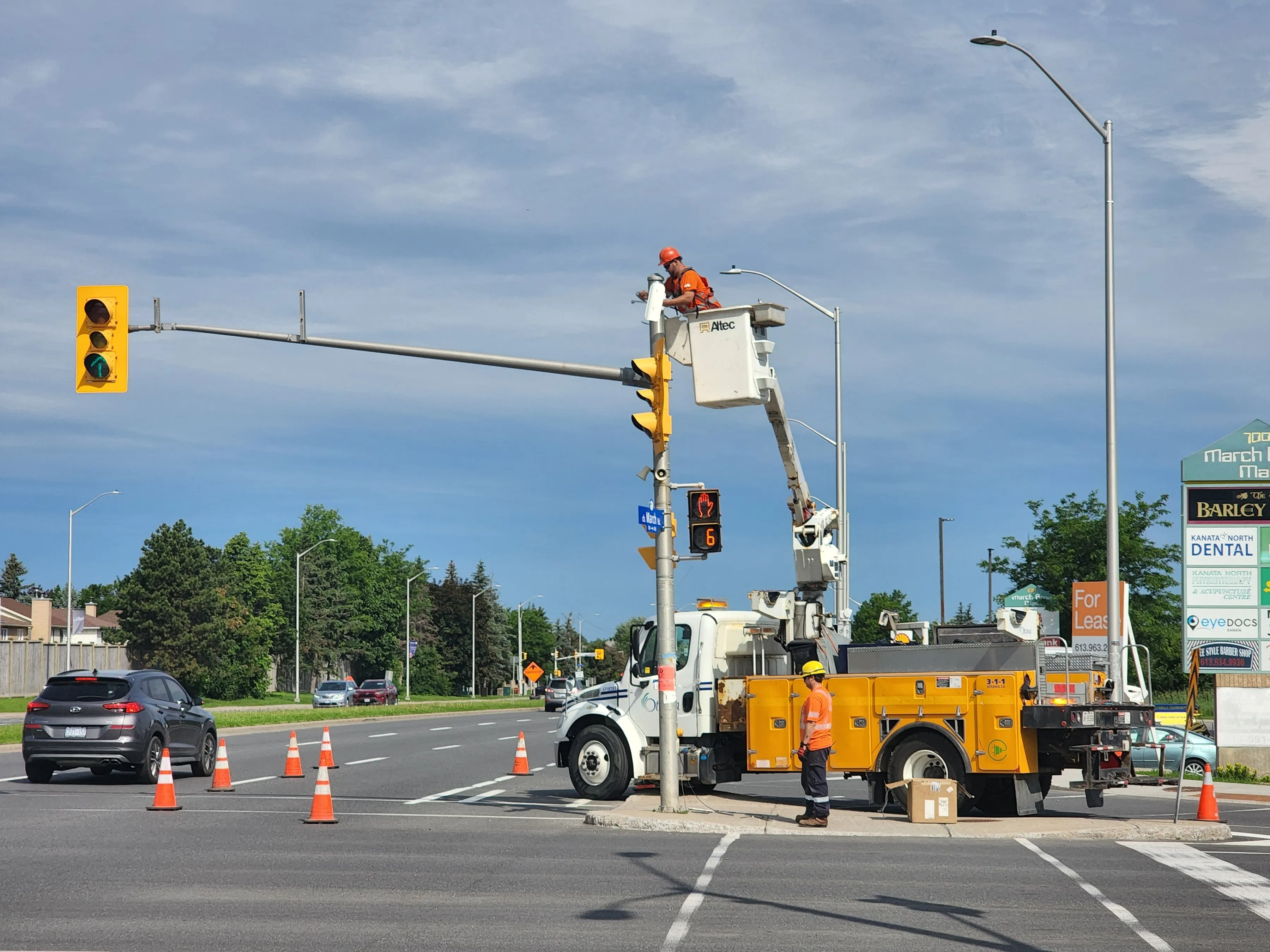To combat the rise in 55 pedestrian fatalities to 74 in Las Vegas from December 2016,
The technology includes roadside and vehicle infrastructure, innovative software applications and a digital Smart City platform. It aims to enable vehicles and pedestrians to communicate with intersections, corridors and traffic signals in real-time to enhance situational awareness, improve safety and prevent injuries.
A crosswalk will be equipped with a roadside unit to warn oncoming drivers when a pedestrian is present through the vehicles on-board units. This information could also be transmitted to pedestrians to detect a potential vehicle/pedestrian collision nearby.
Additionally, the project will also help tackle drivers who use Casino Center Boulevard as an entry point for wrong-way driving onto the Bonneville and Clark streets by equipping vehicles with technology to receive information and warnings from connected street infrastructure. These include when vehicles are travelling in the wrong direction, in an exclusive bus-only travel lane and for certain times of the day, when lane usage has been restricted.
Siemens’ V2I technology will feature at the Consumer Electronics Show 2018.
Marcus Welz, CEO of Siemens Intelligent Traffic Systems, said: “By showcasing this smart city technology, Las Vegas is building a truly connected, multimodal system that provides a safer and more efficient road network for its residents and visitors. The initial V2I technologies provide a foundation for enhanced safety in a heavily frequented area of Las Vegas while its usage and its smart application will continue to expand throughout the city. The impact of this future-prove technology will be significant for road users.”
Siemens provides technology for Las Vegas connected vehicle pilot
To combat the rise in 55 pedestrian fatalities to 74 in Las Vegas from December 2016, Siemens, Brandmotion and Commsignia will provide a turnkey Vehicle-to-infrastructure (V2I) and Vehicle-to-Vehicle solution along Casino Center Boulevard between Bonneville and Clark Avenues. It will become one of the initial corridors within the City’s connected vehicle technology pilot with a focus on pedestrian safety and corridor notifications. The technology includes roadside and vehicle infrastructure, innovative
January 8, 2018
Read time: 2 mins









